Effective marketing campaigns are the lifeblood of any successful business. They’re not just about flashy ads; they’re meticulously planned strategies designed to achieve specific, measurable goals. Marketing campaign management involves a complex interplay of elements – from initial concept development to ongoing analysis and optimization – ensuring a return on investment (ROI) that’s both significant and sustainable. This article will delve into the core strategies and best practices for successful marketing campaign management, providing a comprehensive guide for businesses of all sizes. It’s about more than just executing a plan; it’s about understanding the why behind every action and adapting to the ever-changing landscape of digital marketing.

Understanding the Foundations of Effective Campaign Management
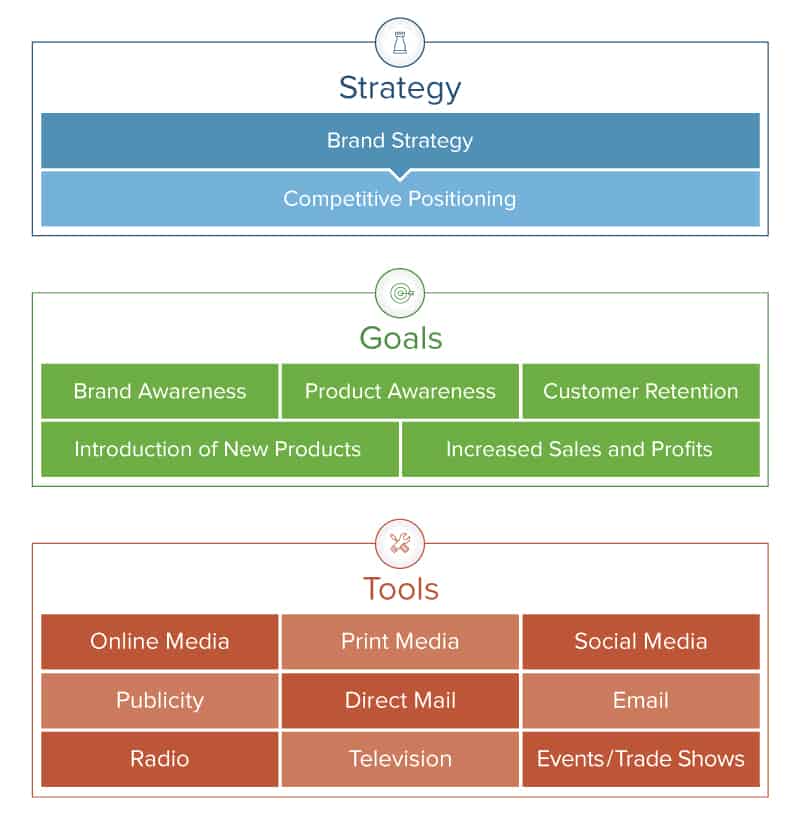
Before diving into specific tactics, it’s crucial to establish a solid foundation. A well-defined campaign management strategy begins with a clear understanding of your target audience, business objectives, and available resources. Marketing campaign management isn’t a one-size-fits-all approach; it requires a deep dive into these elements. A thorough market research phase is paramount. This involves analyzing demographics, psychographics, online behavior, and competitor activity. Identifying your ideal customer profile (ICP) – the specific group you’re trying to reach – is a critical first step. Without a clear understanding of your audience, your campaign will likely fall flat. Furthermore, defining SMART goals – Specific, Measurable, Achievable, Relevant, and Time-bound – provides a roadmap for success. For example, instead of saying “increase brand awareness,” a SMART goal would be “Increase brand mentions on social media by 20% within the next quarter.”
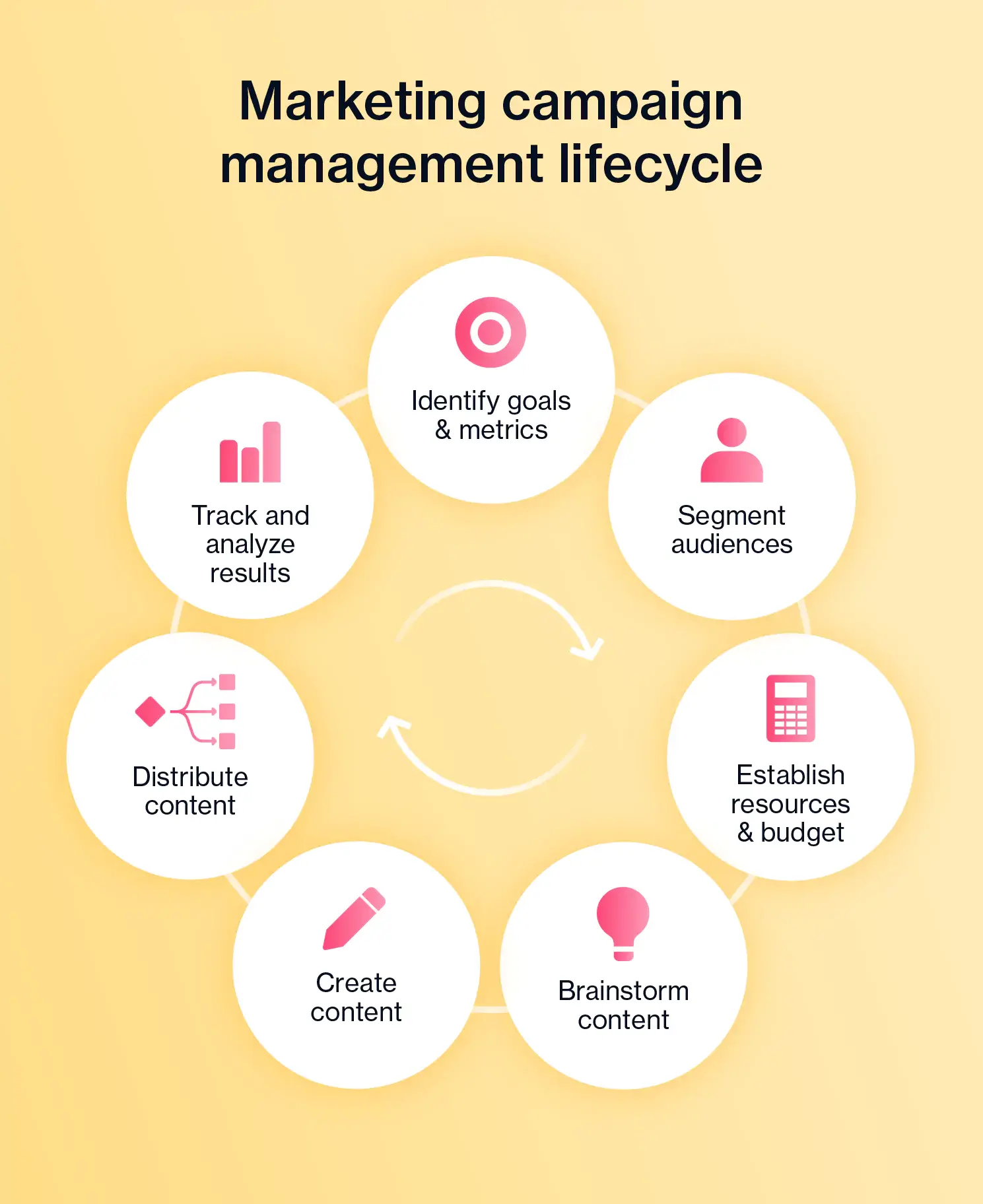
Defining Your Campaign Objectives – The Core of Success
Clearly articulating your campaign objectives is the cornerstone of any successful marketing campaign. These objectives should directly align with your overall business goals. Marketing campaign management isn’t about simply generating leads; it’s about driving revenue, increasing customer loyalty, or establishing a strong brand presence. Common objectives include lead generation, website traffic, sales conversions, and brand awareness. It’s vital to prioritize objectives that offer the highest potential ROI. Consider using the “SMART” framework – setting specific, measurable, achievable, relevant, and time-bound objectives – to ensure your efforts are focused and effective. Regularly reviewing and adjusting your objectives as needed is also essential.
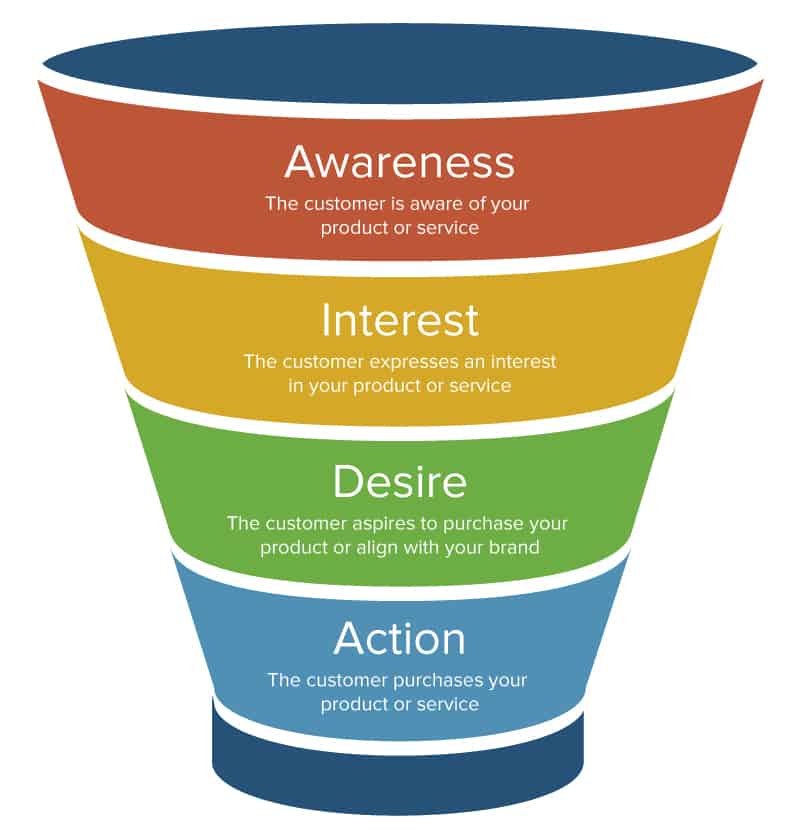
Channel Selection – Choosing the Right Tools for the Job
Selecting the appropriate marketing channels is a critical component of a successful campaign. There’s no single “best” channel; the optimal choice depends on your target audience, budget, and campaign objectives. Common channels include social media marketing (Facebook, Instagram, LinkedIn, TikTok), email marketing, search engine optimization (SEO), paid advertising (Google Ads, social media ads), content marketing, and influencer marketing. Marketing campaign management requires a strategic approach to channel selection. Don’t spread yourself too thin; focus on the channels where your target audience is most active. A/B testing different channels and tactics is crucial for optimizing performance. Furthermore, integrating different channels can create a more cohesive and impactful campaign.

Content Marketing – Building Trust and Engagement
Content marketing is increasingly recognized as a powerful tool for driving leads and building brand loyalty. Creating valuable, informative, and engaging content – blog posts, articles, videos, infographics, and more – can attract potential customers, establish thought leadership, and improve SEO. Marketing campaign management often involves a content calendar, ensuring a consistent flow of content across multiple channels. Content should be tailored to each channel and audience. For example, LinkedIn articles might be more professional and industry-focused, while Instagram posts can be more visually appealing and engaging. Repurposing content across different formats can maximize its reach and impact.
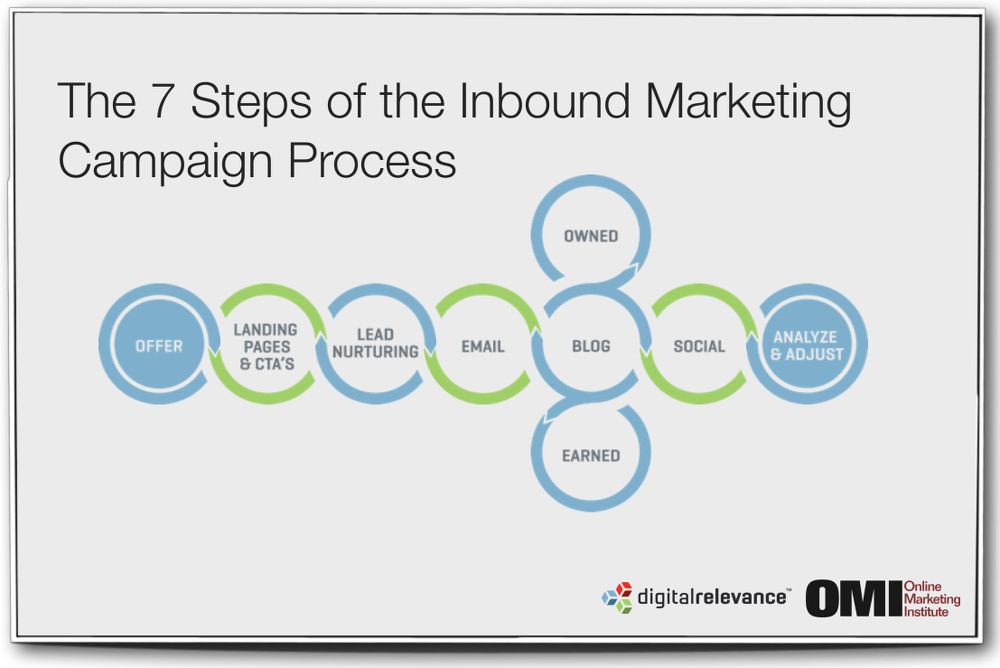
Social Media Marketing – Amplifying Your Reach
Social media marketing has become an indispensable part of any modern marketing strategy. Platforms like Facebook, Instagram, Twitter, LinkedIn, and TikTok offer unparalleled opportunities to connect with your target audience, build brand awareness, and drive engagement. Marketing campaign management requires a strategic approach to social media, including defining your brand voice, creating engaging content, and actively participating in relevant conversations. Social media analytics are essential for tracking performance and identifying areas for improvement. Paid social media advertising can significantly amplify your reach and target specific demographics. Staying up-to-date on the latest social media trends and algorithm changes is crucial for maintaining a competitive edge.
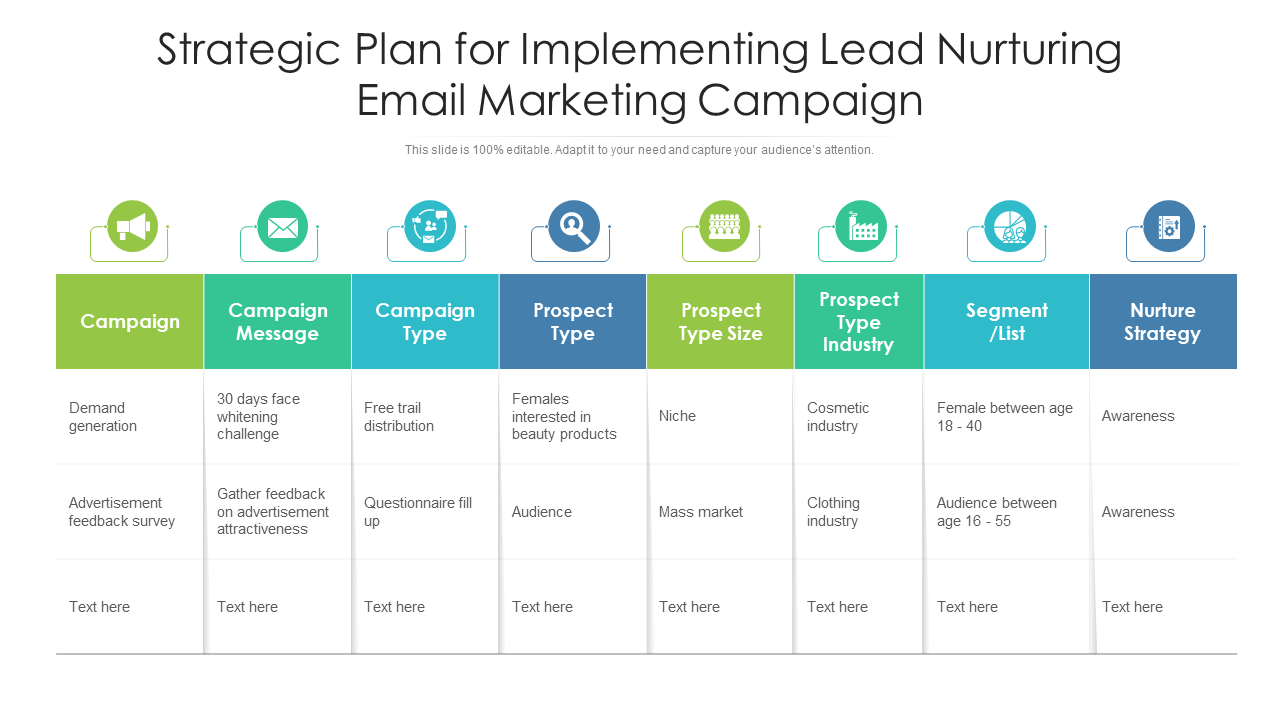
Email Marketing – Nurturing Leads and Driving Conversions
Email marketing remains one of the most effective channels for nurturing leads and driving conversions. Building an email list and sending targeted emails can significantly increase engagement and generate sales. Marketing campaign management includes developing a segmented email list and crafting personalized email campaigns. Email marketing automation can streamline the process and improve efficiency. A/B testing different email subject lines, content, and calls to action is essential for optimizing performance. Compliance with email marketing regulations (like GDPR) is paramount.
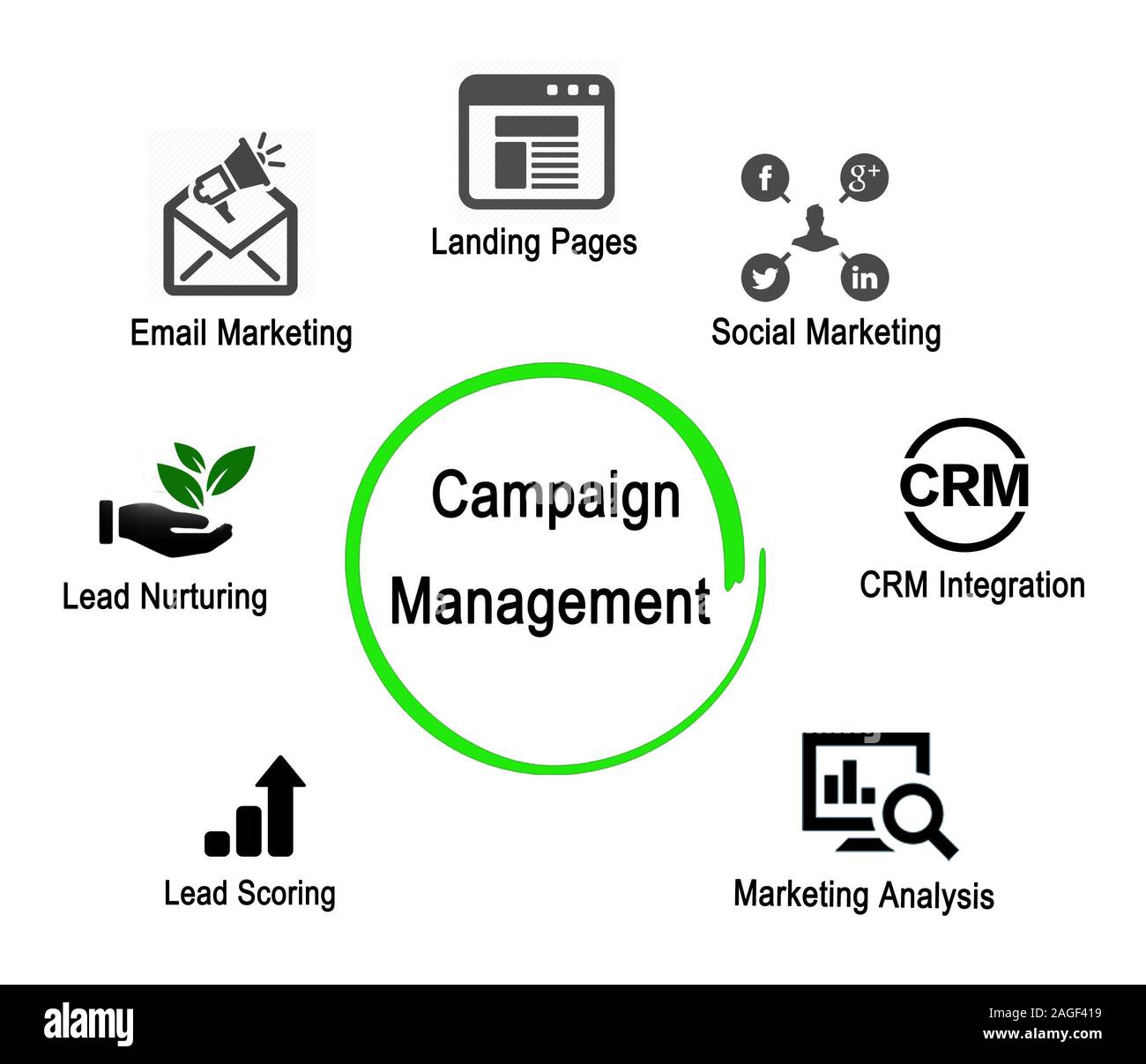
Search Engine Optimization (SEO) – Getting Found Online
SEO is the process of optimizing your website and content to rank higher in search engine results pages (SERPs). Marketing campaign management often involves a comprehensive SEO strategy, including keyword research, on-page optimization, off-page optimization (link building), and technical SEO. Keyword research helps identify the terms your target audience is searching for. On-page optimization involves optimizing your website’s content and structure for relevant keywords. Off-page optimization involves building backlinks from reputable websites. Technical SEO focuses on ensuring your website is easily crawlable and indexable by search engines. SEO is a long-term investment that can deliver significant results over time.

Paid Advertising – Targeted Reach and Measurable Results
Paid advertising, such as Google Ads and social media ads, can provide immediate visibility and reach a large audience. Marketing campaign management requires careful planning and execution of paid advertising campaigns, including setting budgets, targeting specific demographics, and tracking key metrics. A/B testing different ad creatives and targeting options is crucial for optimizing performance. Retargeting campaigns can re-engage website visitors who haven’t converted. Monitoring campaign performance and making adjustments as needed is essential for maximizing ROI.

Analytics and Reporting – Measuring Success
Tracking and analyzing campaign performance is critical for understanding what’s working and what’s not. Utilizing analytics tools like Google Analytics, social media analytics dashboards, and email marketing analytics provides valuable insights into campaign effectiveness. Regular reporting provides a clear picture of key metrics, such as website traffic, lead generation, conversion rates, and ROI. Data-driven insights inform future campaign decisions and help optimize performance over time. Dashboards and reports should be readily accessible to stakeholders.
Conclusion – The Ongoing Evolution of Marketing Campaign Management
Marketing campaign management is a dynamic and evolving field. As technology advances and consumer behavior changes, so too must your strategies. Successful campaigns require a continuous cycle of planning, execution, monitoring, and optimization. By embracing a data-driven approach, focusing on your target audience, and adapting to the ever-changing landscape, you can achieve significant results and drive business growth. Investing in the right tools, training, and expertise is essential for success. Ultimately, effective marketing campaign management is about building lasting relationships with your customers and achieving your business objectives.